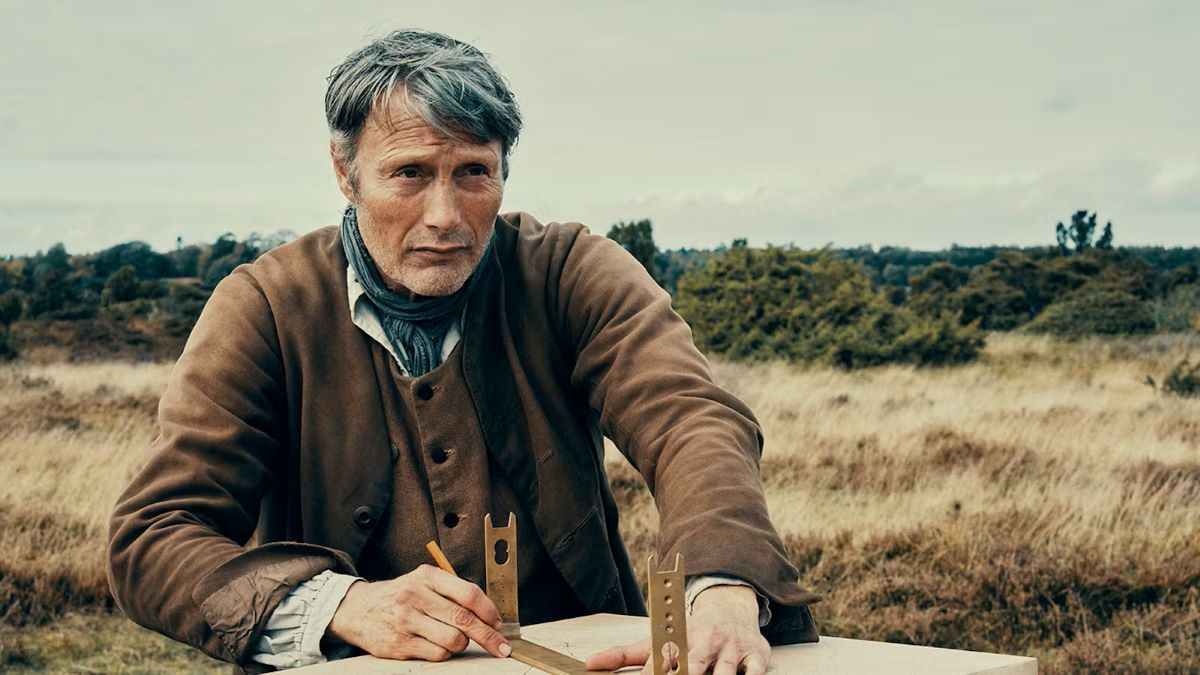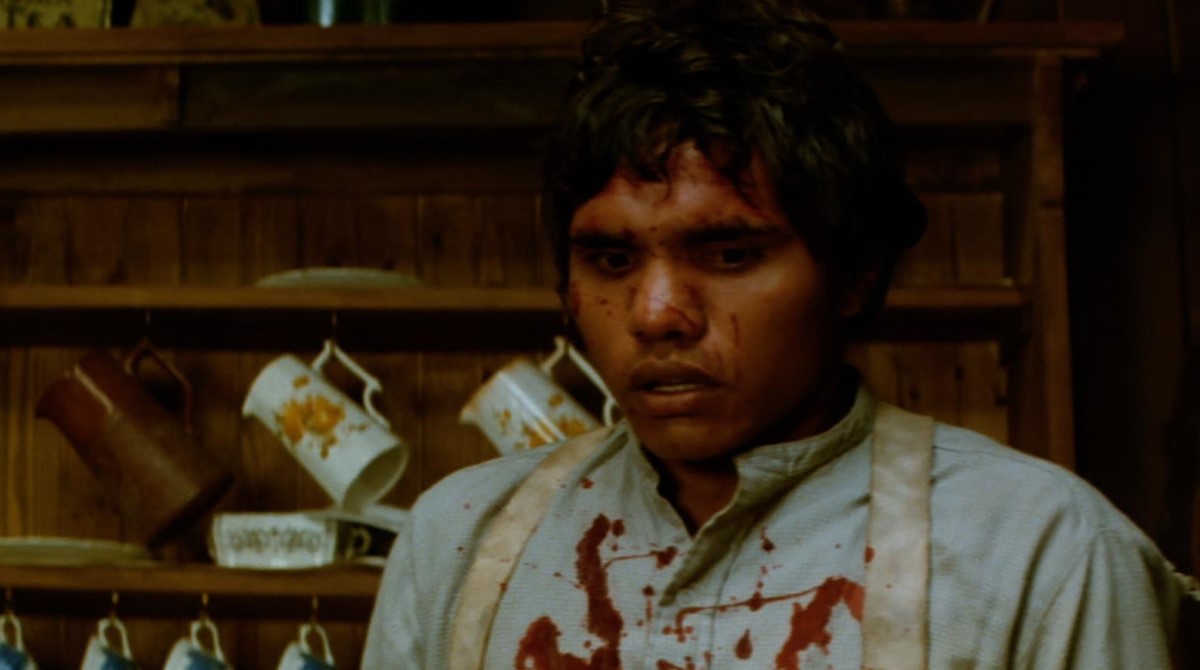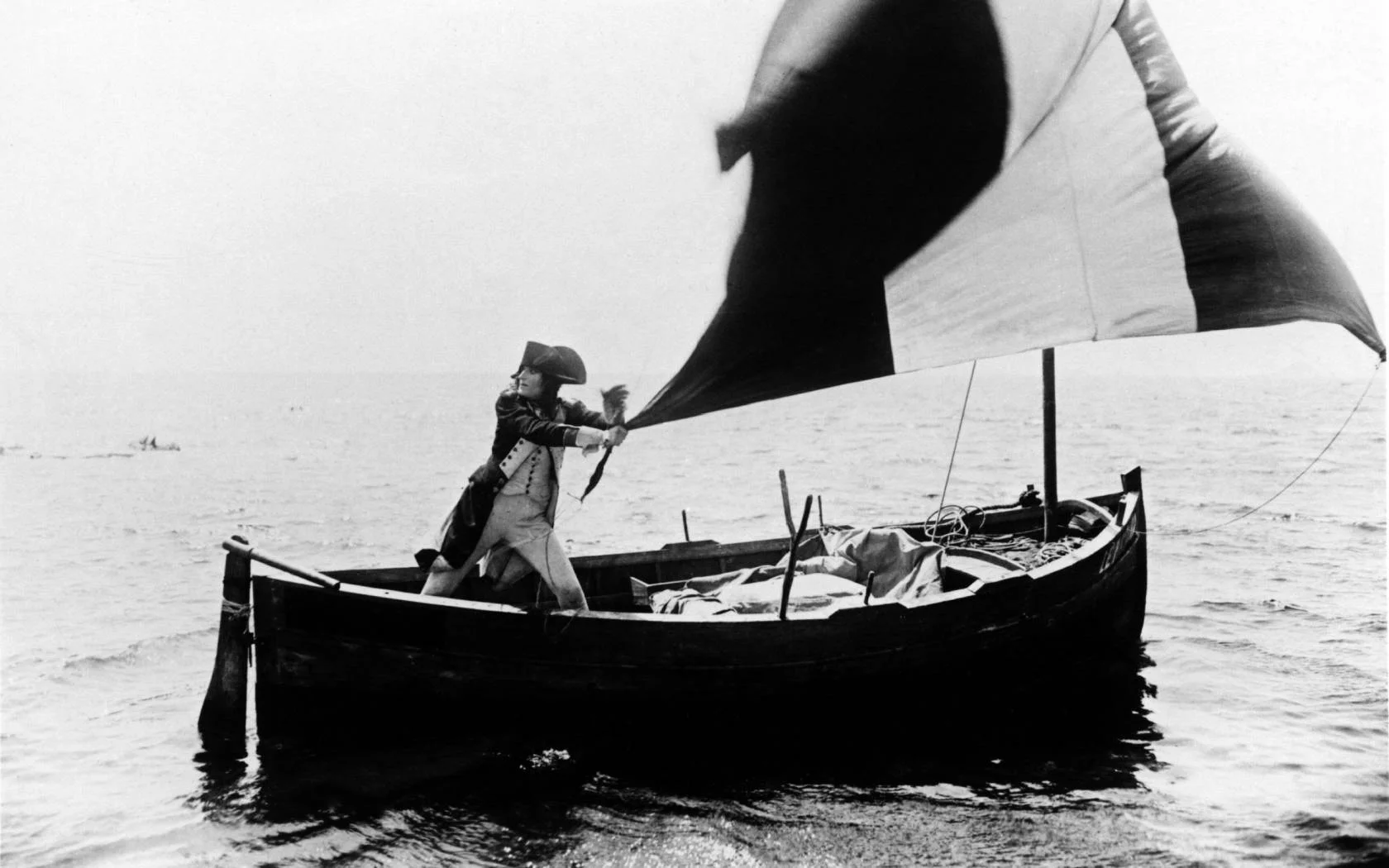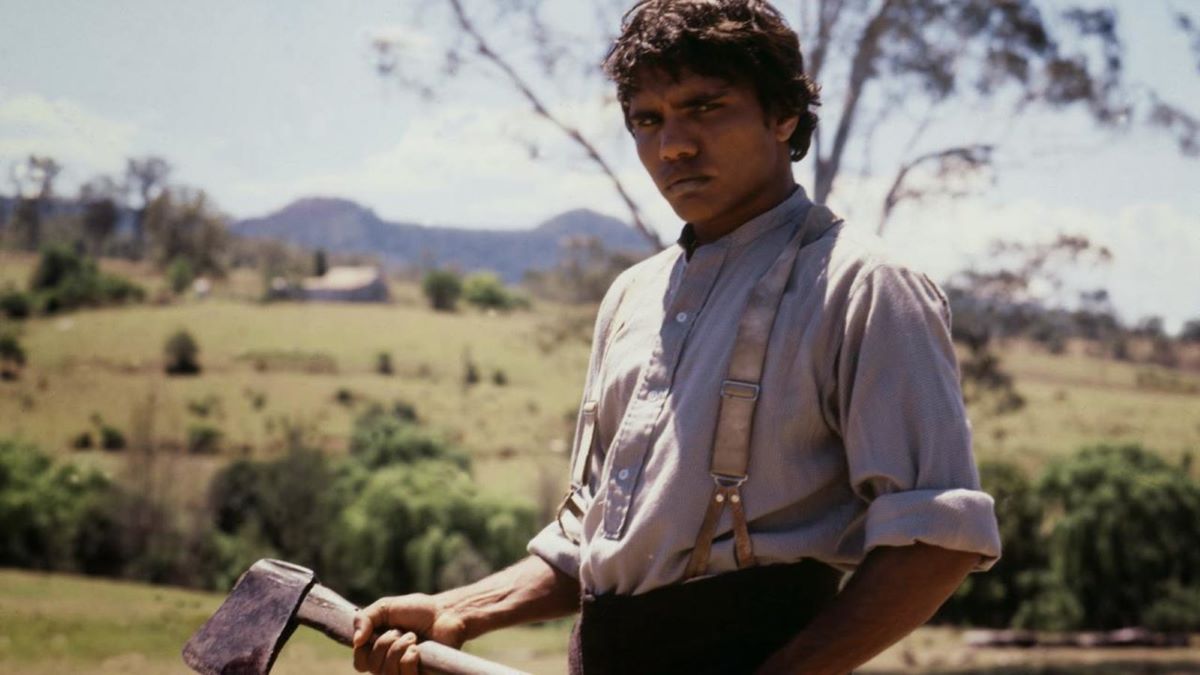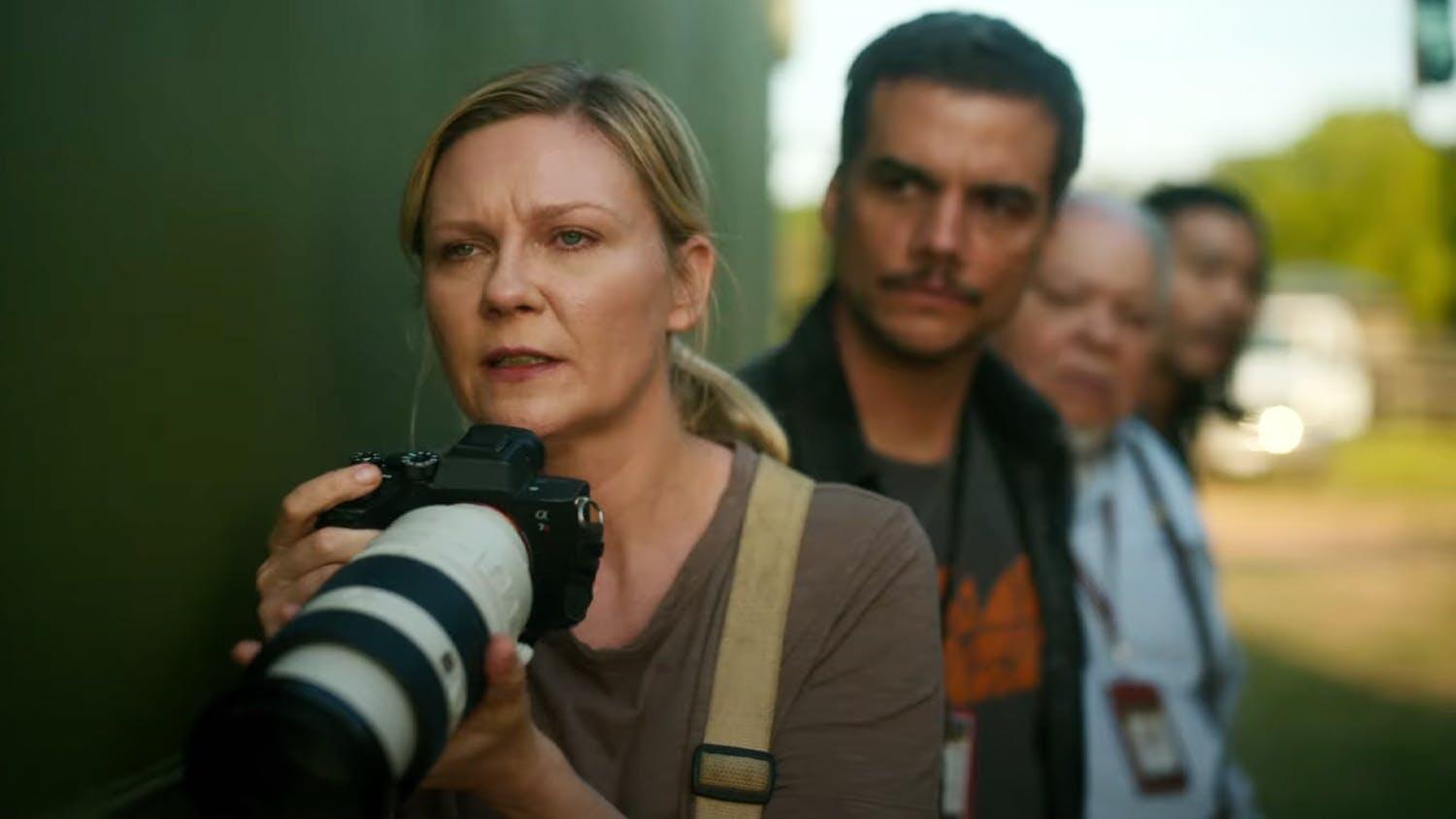Nikolaj Arcel
THE PROMISED LAND (Original title: Bastarden)
In 1755, penniless Captain Ludvig Kahlen sets off to conquer the harsh and desolate Danish lands with a seemingly impossible goal: to establish a colony in the name of the King. In return, he will receive a desperately desired royal title. The only sovereign of the area, the ruthless Frederik de Schinkel, wants to stop him, but Kahlen will not be intimidated and will engage in an unequal battle alongside the family of outcasts that has formed around him.
Nikolaj Arcel returns to direct a historical film eleven years after Royal Affair, with which he won the Silver Bear in Berlin in 2012, and once again entrusts the leading role to Mads Mikkelsen.
At the heart of the story is once again a man of humble origins who tries to assert himself at the Danish royal court, characterized by splendor and painful relationships, founded on arranged and convenience marriages. The monarchy and its representatives, even those newly acquired, are often paranoid, schizophrenic, or violent, the king is perpetually drunk and a puppet in the hands of the aristocrats who surround him. The Promised Land, however, leaves aside the obtuse and morally corrupt court, transforming the heath of Danish Jutland as the center of the scene, a hostile and uncultivable land.
The film, a cinematic adaptation of the 2020 book Kaptajnen og Ann Barbara by Ida Jessen, focuses on this man’s attempt, Captain Ludvig Kahlen, to transform the scorched and sterile land into a colony. To do this, he must make a barren land fertile, driven by the king’s desire to see his lands civilized. Ludvig Kahlen, in addition to his loyalty to the Crown, has nothing else to lose and embarks on an adventure that immediately takes on epic proportions, where the attempt to find new habitable lands becomes a venture on the brink of madness.
Historical drama and western merge, in this constantly opposed effort to bring civilization to a rejecting nature, against all evidence. From the beginning, Captain Kahlen finds himself forced, against his solitary nature, to surround himself with people who support him in his enterprise. Reluctantly, he finds himself slowly inserted into a network of relationships that will slowly change his character and his very convictions.
Even in The Promised Land, as in Royal Affair, we find the figure of an ambitious man trying to make his social ascent in an environment that, deep down, repulses him. But in this case, the theme of how priorities and viewpoints can change in the face of the possible irruption of love is also inserted: the choice between ambition or family, between one’s goals and the good of those we love, make the film inevitably (forcedly?) current and easily transposable to our times.
The great contradictions of life, the desire and determination to achieve goals against the surrender in the face of chaos (as the film’s villain, the wicked local lord who declares war on Kahlen, continuously says), face each other in a clash of personalities and life vision that culminates in the macabre and the wild.
In a story where the bad are truly bad, and the good are good to the core, there is no lack of a strong and well-crafted female figure, played by Amanda Collin, who embodies in a unique and perhaps somewhat elementary way all the characteristics that today’s and yesterday’s heroines should possess.
Nora Demarchi
Cineforum, March 14, 2024

